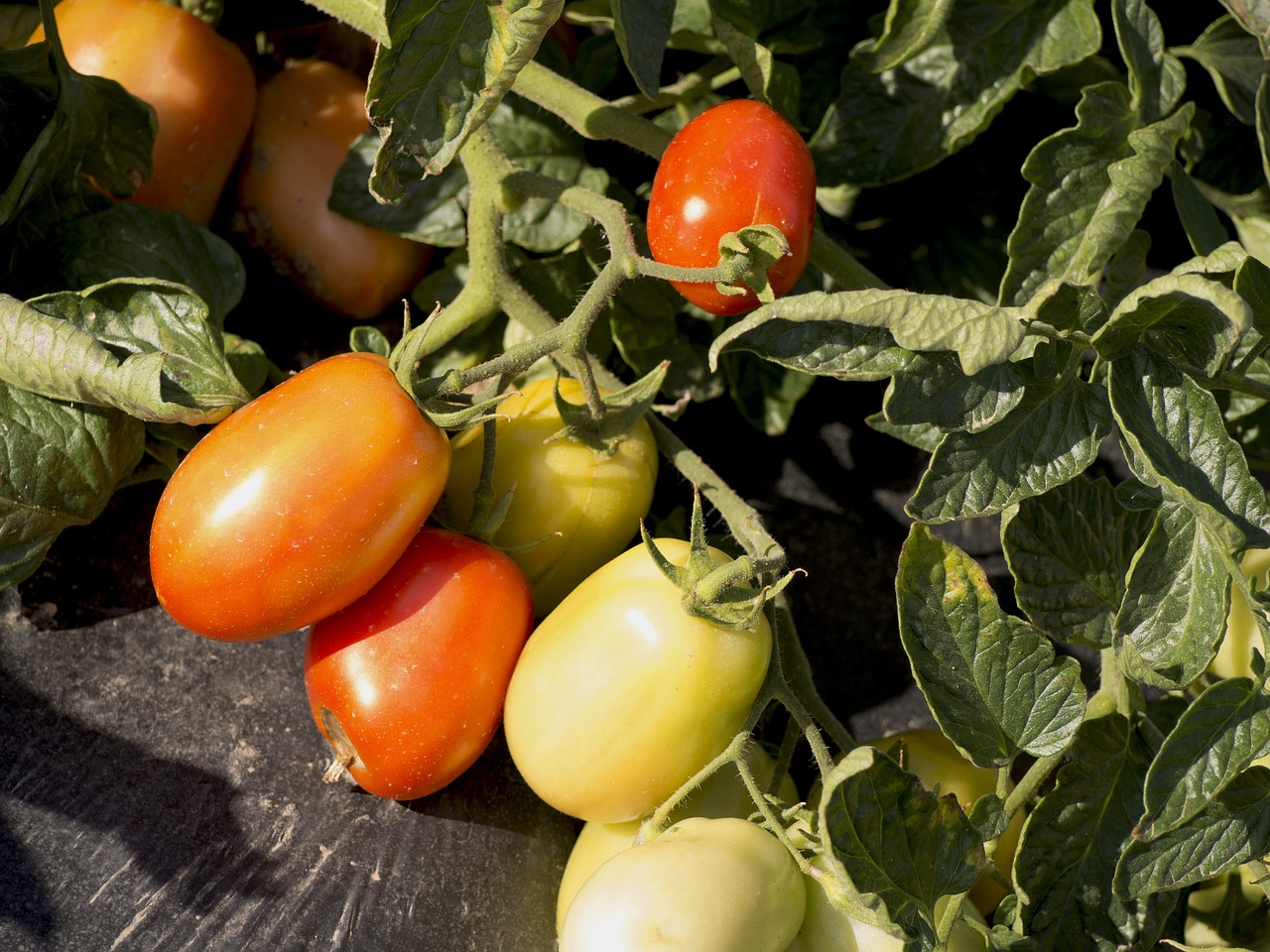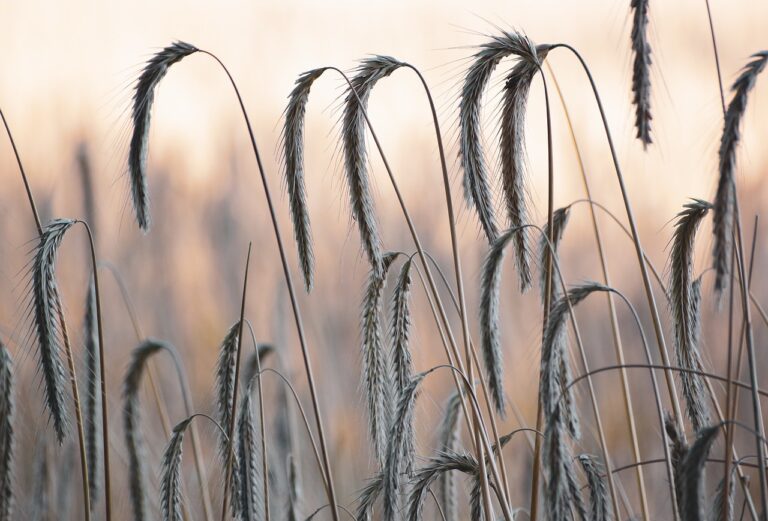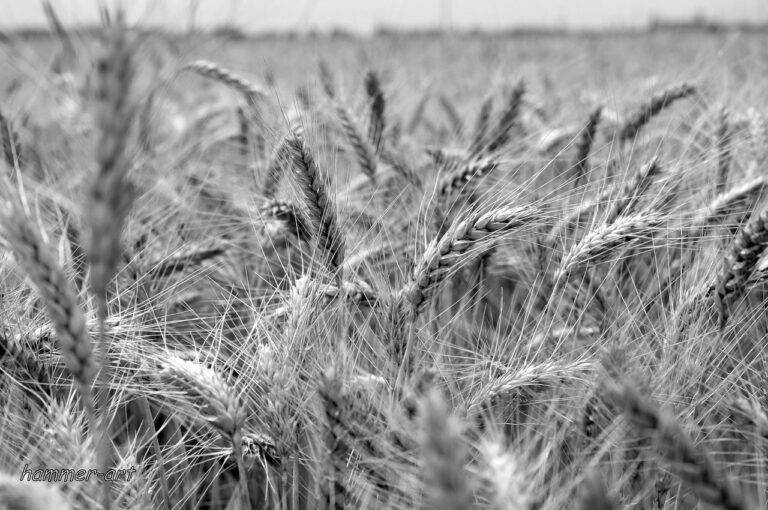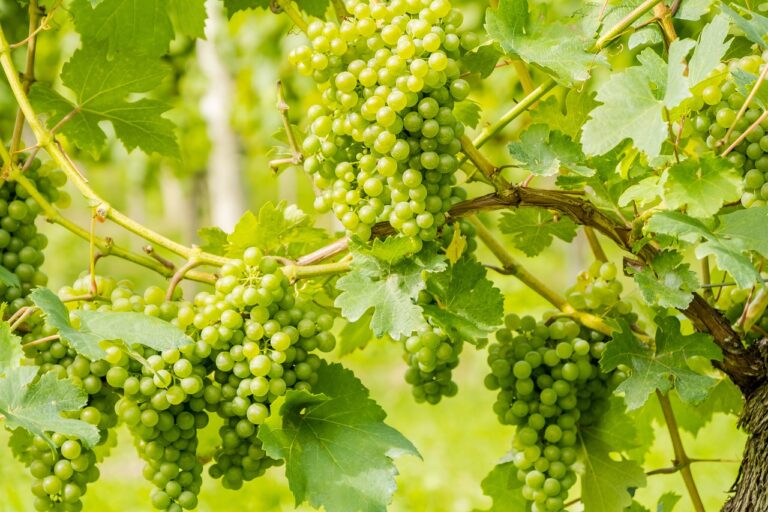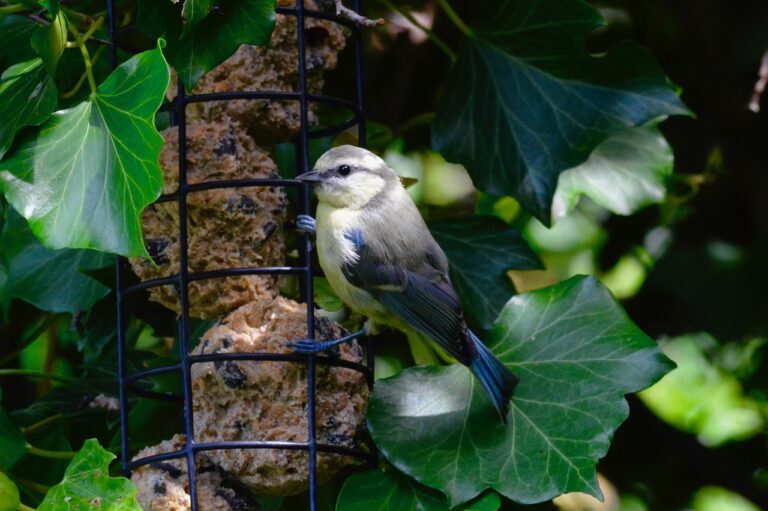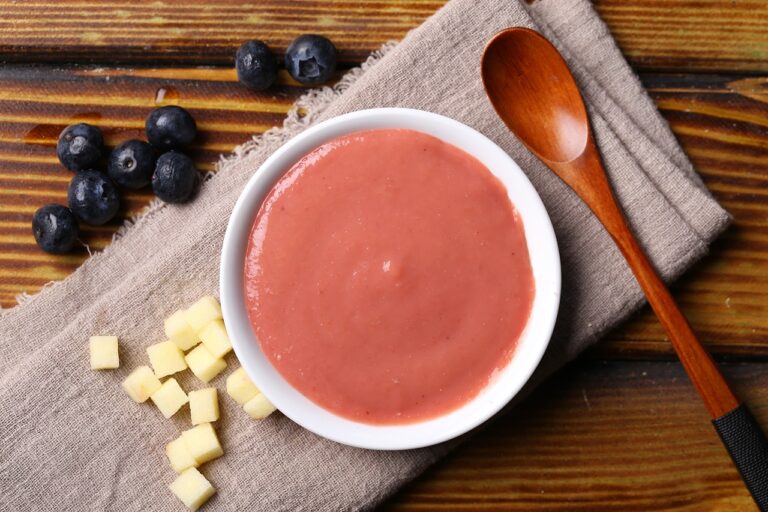The Importance of Fertilization in Olive Oil Production: 11xplay.com online, India 24 bet login, Skyinplay login
11xplay.com online, india 24 bet login, skyinplay login: Olive oil production is a complex process that requires careful attention to detail at every step. One of the most crucial aspects of this process is fertilization, which plays a key role in ensuring the health and productivity of olive trees. In this article, we will explore the importance of fertilization in olive oil production and how it can impact the quality of the final product.
**Nutrient Absorption**
One of the main reasons why fertilization is so important in olive oil production is that it helps ensure that the trees have access to the nutrients they need to grow and thrive. Olive trees require a variety of nutrients, including nitrogen, potassium, and phosphorus, in order to produce healthy fruit. Without these nutrients, the trees may struggle to grow properly and may not produce as much fruit.
**Improving Yield**
Fertilization can also help improve the yield of olive trees, leading to higher production levels and ultimately more olive oil. By providing the trees with the nutrients they need, fertilization can help promote healthy growth and development, resulting in larger, healthier fruit. This can have a significant impact on the overall yield of the olive orchard and can help increase profits for olive oil producers.
**Enhancing Quality**
In addition to improving yield, fertilization can also help enhance the quality of the olives and the resulting olive oil. By providing the trees with the right nutrients, producers can help ensure that the fruit is of high quality, with a good flavor profile and nutritional content. This can lead to a higher quality final product that is more desirable to consumers.
**Preventing Diseases**
Another key benefit of fertilization in olive oil production is that it can help prevent diseases and other issues that can affect the health of the trees. By providing the trees with the nutrients they need, producers can help strengthen their immune systems and make them more resistant to pests and diseases. This can help reduce the need for chemical interventions and promote a more sustainable and eco-friendly approach to olive oil production.
**Environmental Benefits**
Finally, fertilization in olive oil production can also have environmental benefits. By ensuring that the trees are healthy and productive, producers can help promote biodiversity and protect the local ecosystem. Healthy olive trees can provide habitat for a variety of wildlife and contribute to the overall health of the environment.
In conclusion, fertilization plays a crucial role in olive oil production, helping to improve nutrient absorption, enhance yield and quality, prevent diseases, and promote environmental sustainability. By paying attention to fertilization practices and ensuring that olive trees receive the nutrients they need, producers can help ensure a successful harvest and a high-quality final product.
**FAQs**
1. How often should olive trees be fertilized?
It is recommended to fertilize olive trees once or twice a year, typically in the spring and fall.
2. What type of fertilizer is best for olive trees?
A balanced fertilizer that contains nitrogen, phosphorus, and potassium is best for olive trees.
3. Can over-fertilization harm olive trees?
Yes, over-fertilization can harm olive trees by causing nutrient imbalances and potentially leading to nutrient toxicity.
4. Are organic fertilizers better for olive trees?
Organic fertilizers can be a good choice for olive trees, as they are less likely to cause nutrient imbalances and can help promote soil health.
5. How can I tell if my olive trees need fertilization?
You can test the soil and have it analyzed for nutrient levels, or look for signs of nutrient deficiencies in the leaves of the olive trees.

